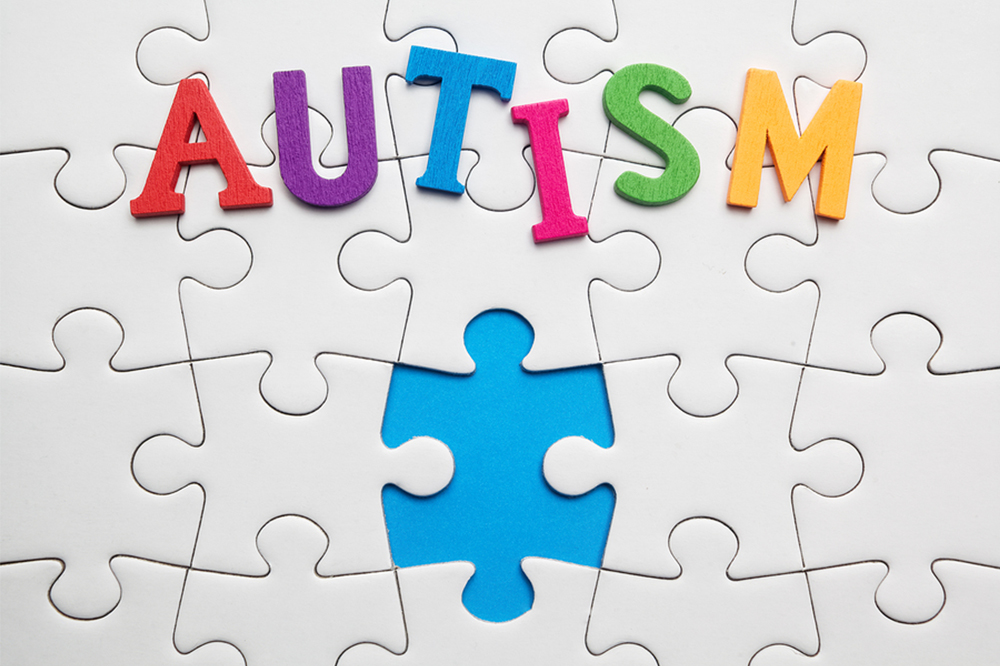Autism Spectrum Disorder in Mice Tackled With a Non-Peptide Molecule That Stimulates Oxytocin Receptors

Oxytocin improves the symptoms associated with autism spectrum disorders, but this peptide cannot cross the barrier between blood and brain. A consortium of researchers headed by the Laboratory for Therapeutic Innovation at the University of Strasbourg has discovered the first non-peptide molecule capable of activating the oxytocin receptor in autistic people.
Called LIT-001, it has restored social interactions among mice presenting all the characteristics of the autism spectrum. This work, published in the Journal of Medicinal Chemistry, is a first step on the long road towards the development of drug treatment for autism.
Autism spectrum disorders affect about one in 60 children, in a very variable way. Oxytocin has a positive effect on this kind of diseases, but, like all other peptides, it is weak at crossing the barrier between the blood and the brain since it degrades fast. Thus, oxytocin can’t be strong medicine to tackle autism.
Scientists, mainly from the Laboratory for Therapeutic Innovation at the University of Strasbourg, have discovered an alternative in the very first non-peptide molecule that is stimulating oxytocin receptors in the brain, in vivo.
Autism spectrum disorders in mice tackled with a non-peptide molecule that stimulates oxytocin receptors, breaking the blood-brain barrier
Several molecules had already been identified as stimulants of the oxytocin receptors in the brain. However, they would rather block the receptor instead of activating it, or they are too fragile peptides to cross the blood-brain barrier.
The scientists finally discovered the first reliable candidate to tackle autism, the LIT-001 non-peptide molecule. Tested on mice genetically modified to develop characteristic features of the autistic spectrum disorders, LIT-001 restored the animals’ social relationships to normal.
Following the success of this preliminary study, the scientists are now embarking on the optimization of the non-peptide molecule. They now work on finding more effective analogs that would be compatible with the whole bunch of criteria of a future medicine to tackle autism spectrum disorders.
Vadim is a passionate writer on various topics but especially on stuff related to health, technology, and science. Therefore, for Great Lakes Ledger, Vadim will cover health and Sci&Tech news.
0 comments